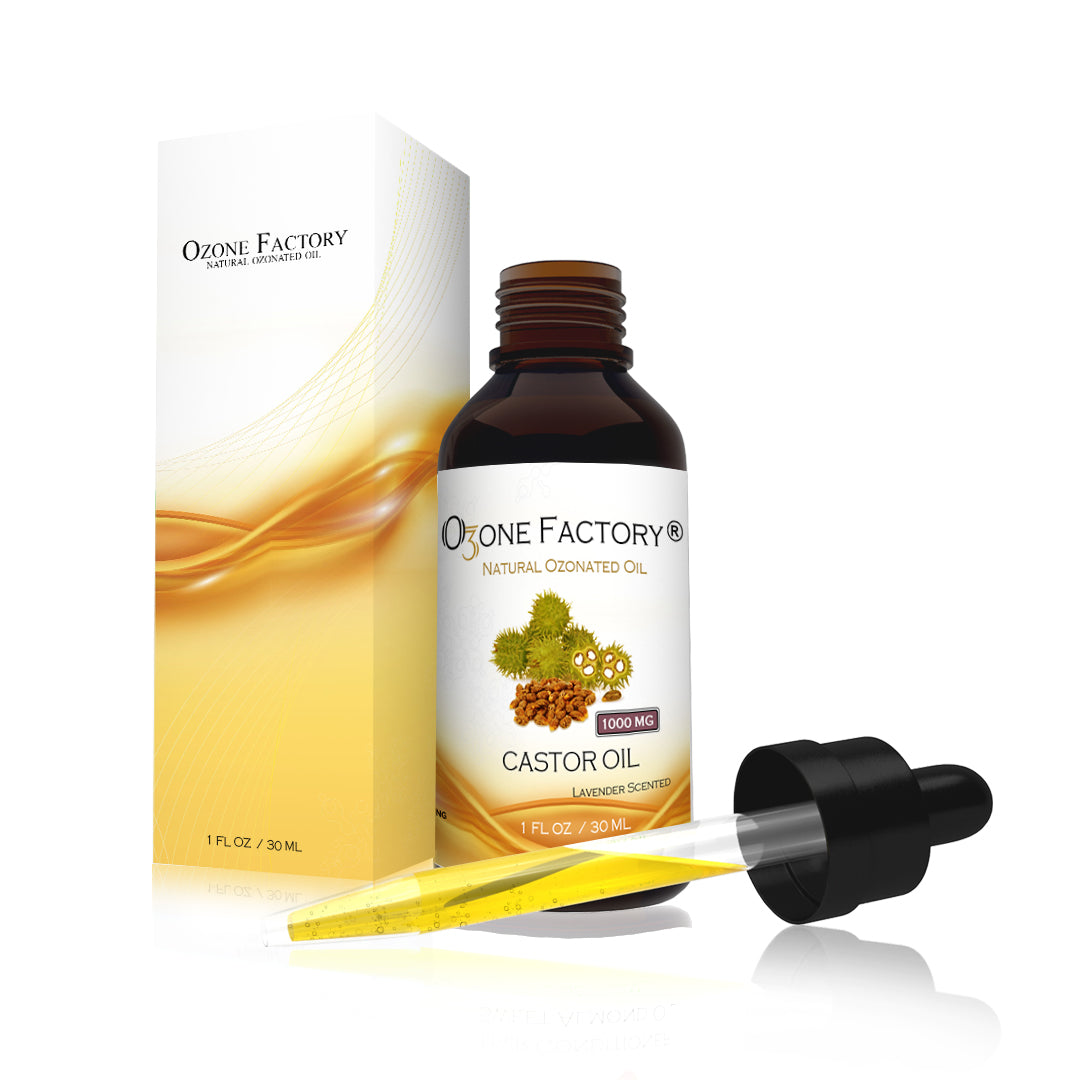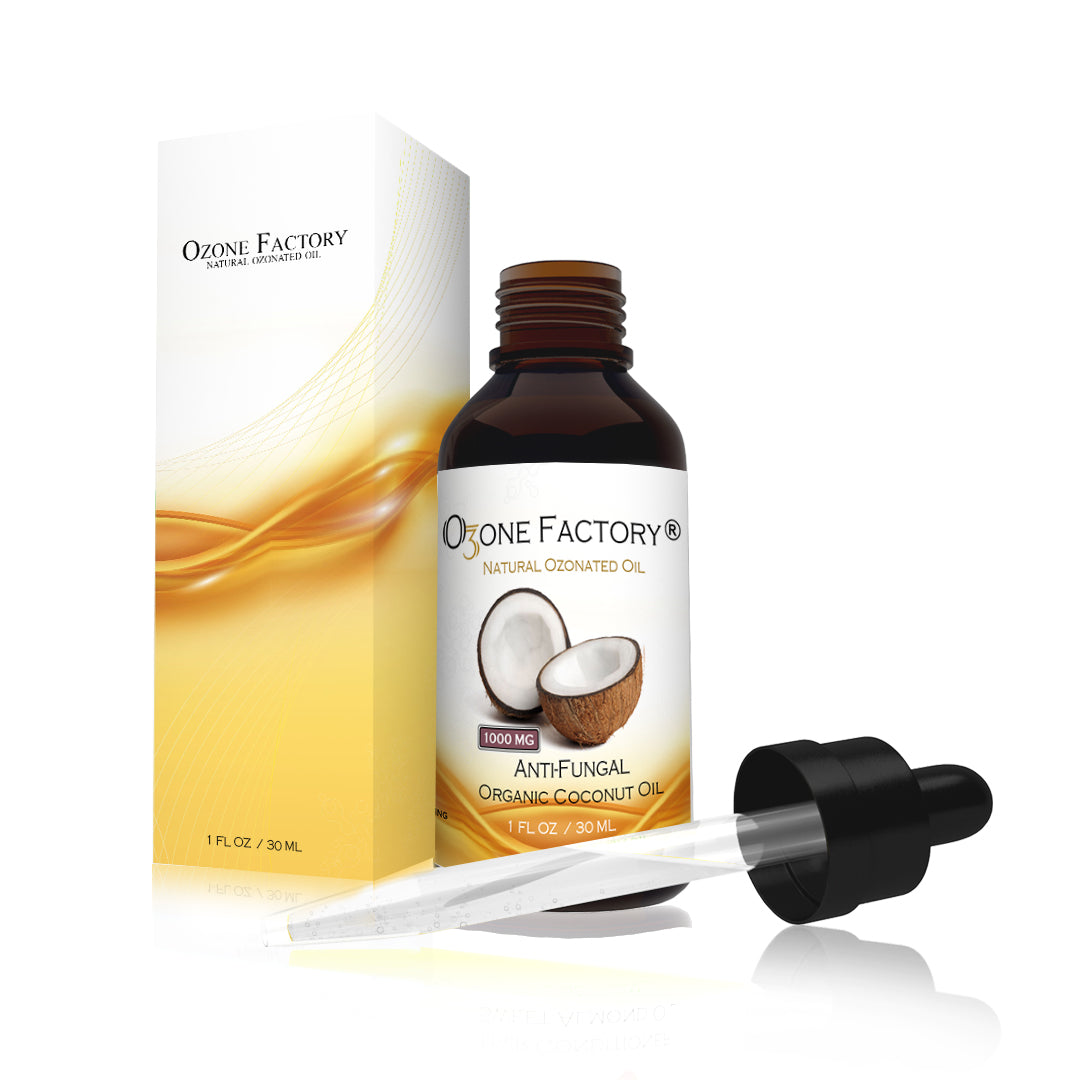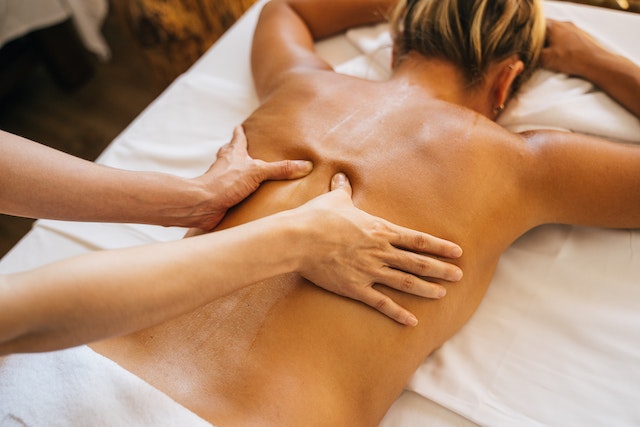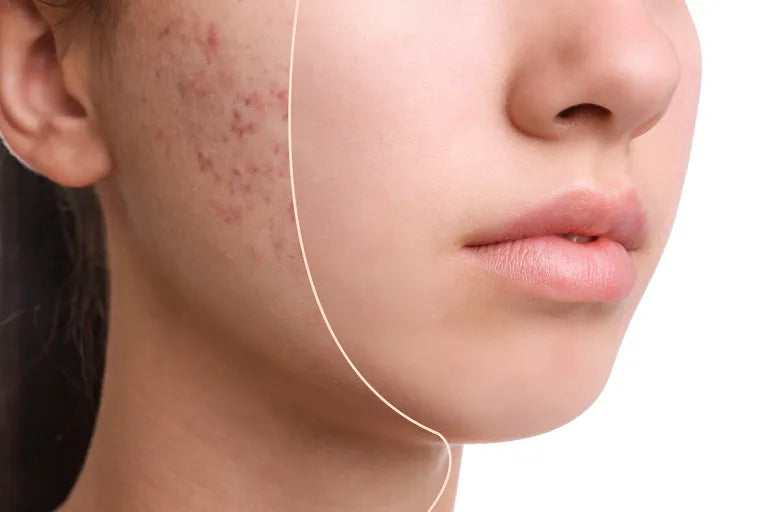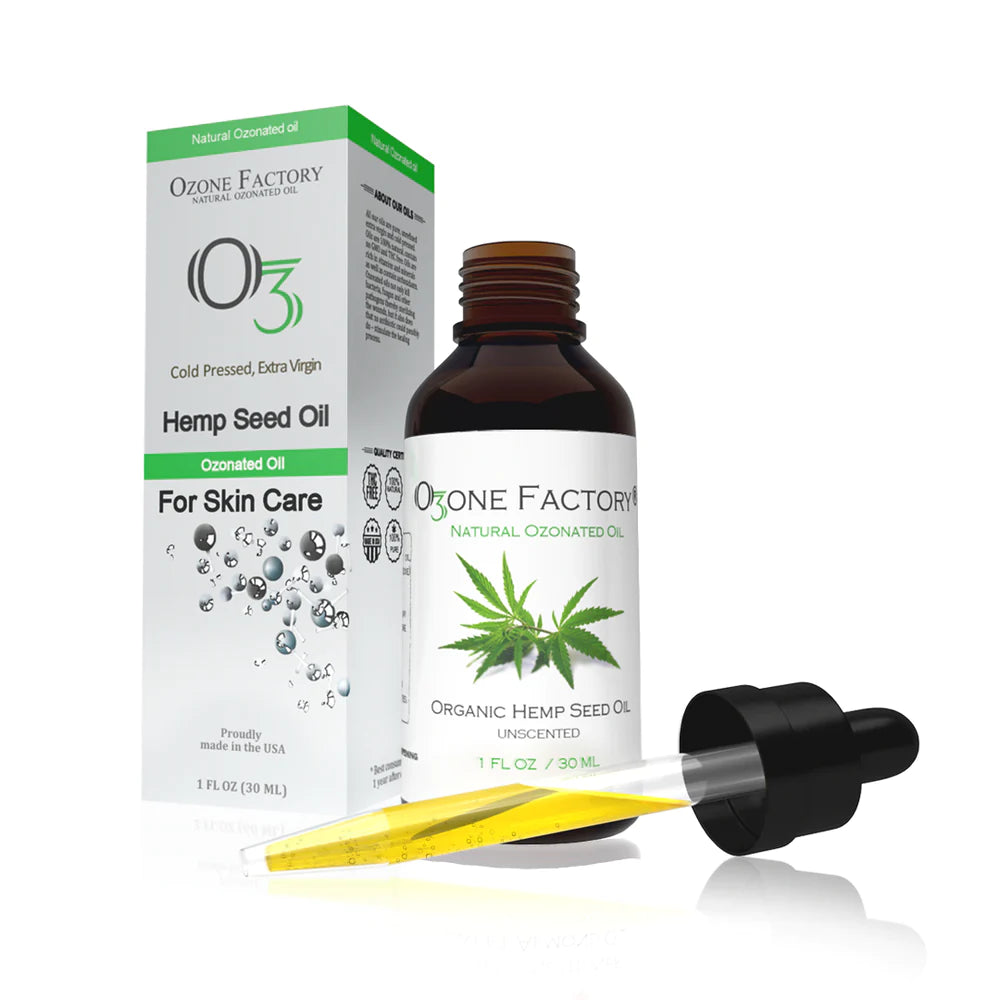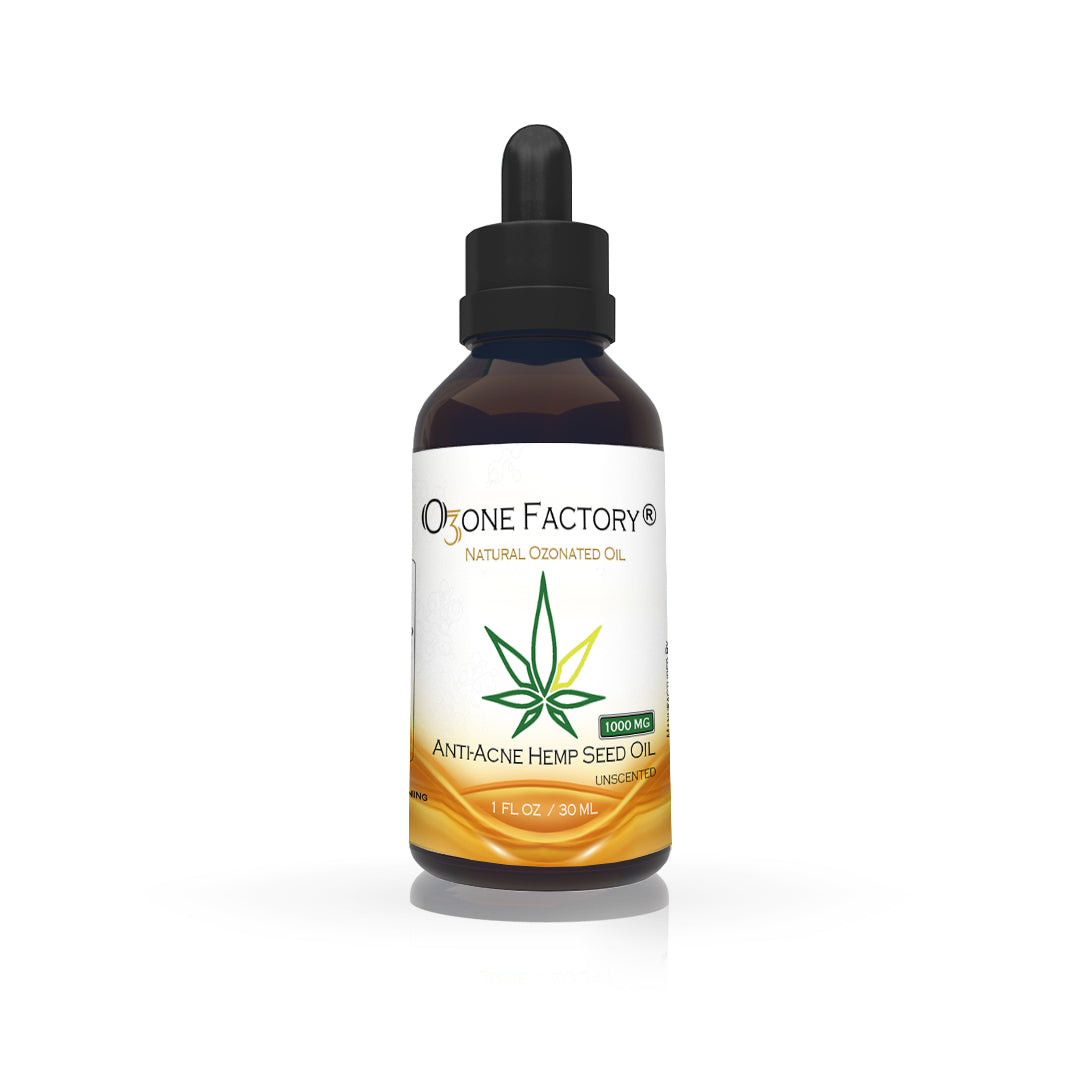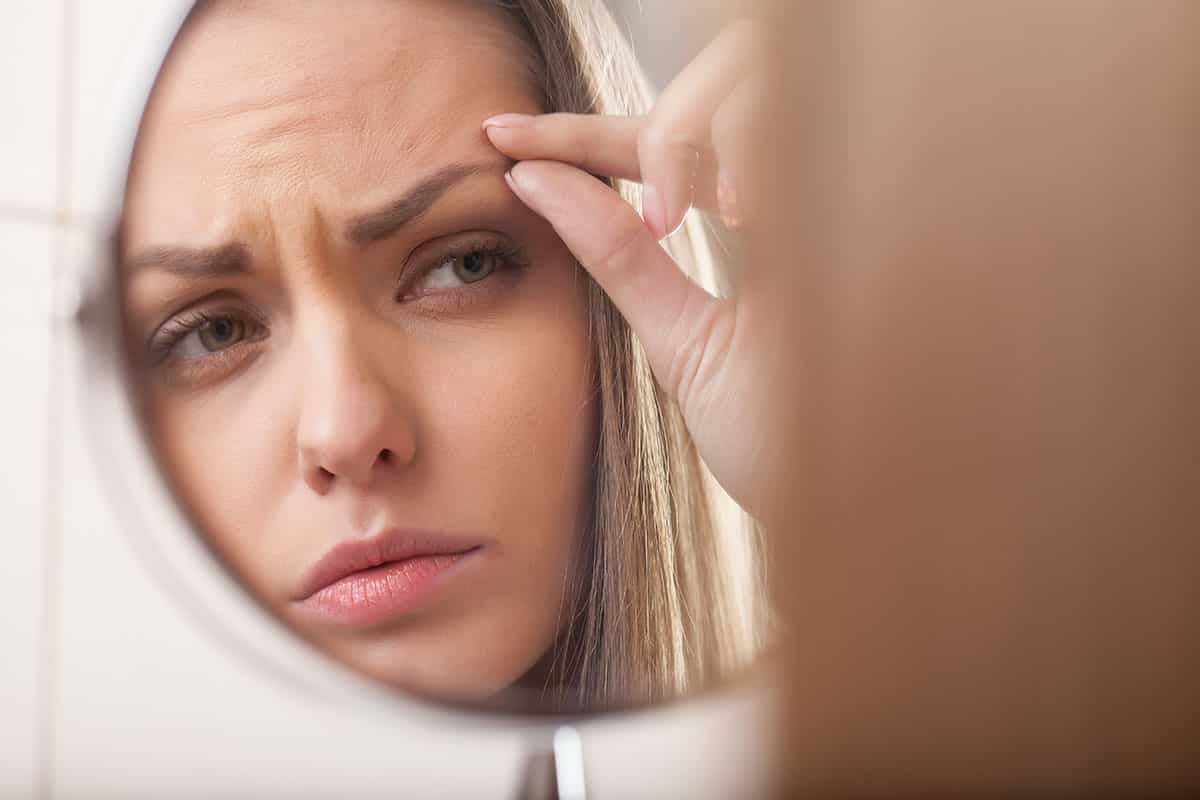
Madarosis is a condition characterized by the loss of eyebrow and/or eyelash hair. While it may seem like a purely cosmetic concern, madarosis can have underlying medical, psychological, or environmental causes. Understanding its root cause is essential for effective treatment.
What is Madarosis?
The term "madarosis" refers to the partial or complete loss of hair in the eyebrows or eyelashes. This condition can affect one or both sides of the face and may vary in severity. In some cases, hair loss is temporary, while in others, it may be permanent without proper intervention.
Causes of Madarosis
Madarosis can stem from a variety of factors:
-
Medical Conditions
- Alopecia Areata: An autoimmune disorder where the immune system attacks hair follicles.
- Hypothyroidism or Hyperthyroidism: Thyroid imbalances can disrupt hair growth cycles.
- Skin Disorders: Conditions like eczema, psoriasis, or seborrheic dermatitis may lead to hair loss in affected areas.
-
Nutritional Deficiencies
Lack of essential nutrients like biotin, zinc, iron, or vitamins A and D can weaken hair follicles and result in hair loss.
- Trauma or Injury. Physical injuries, burns, or over-plucking can damage hair follicles.
- Infections. Bacterial or fungal infections, such as blepharitis, can cause inflammation and hair loss around the eyes.
- Medications and Treatments. Chemotherapy, radiation therapy, or certain medications may trigger midarosis as a side effect.
- Stress and Hormonal Changes. Chronic stress or hormonal fluctuations, such as those during pregnancy or menopause, can disrupt normal hair growth.

Treatment Options for Madarosis
The treatment of madarosis depends on its underlying cause:
1. Addressing Medical Conditions:
-
- Consult a healthcare professional to diagnose and treat underlying conditions such as thyroid disorders or infections.
- Use prescribed medications, such as topical corticosteroids or immunomodulators, for autoimmune-related hair loss.
2. Lifestyle and Dietary Adjustments
-
- Incorporate a balanced diet rich in vitamins, minerals, and proteins to support hair growth.
- Reduce stress through mindfulness, yoga, or relaxation techniques.
3. Cosmetic Solutions
-
- Temporary fixes include eyebrow pencils, powders, or false eyelashes.
- Consider microblading or eyelash extensions for a longer-term solution.
4. Natural Remedies
-
- Castor oil and almond oil are popular natural treatments believed to stimulate hair growth.
- Castor oil and almond oil are popular natural treatments believed to stimulate hair growth.

How Ozonated Oils Can Help Treat Madarosis
Ozonated oils, such as ozonated olive oil or hemp seed oil, are gaining recognition for their therapeutic properties. These oils are infused with ozone, which enhances their healing potential.
-
Promotes Follicle Health
Ozonated oils improve blood circulation when applied topically, delivering oxygen and nutrients to hair follicles. This can stimulate dormant follicles and encourage regrowth. -
Reduces Inflammation
Conditions like blepharitis or seborrheic dermatitis can cause inflammation that inhibits hair growth. Ozonated oils have anti-inflammatory and antimicrobial properties, helping to soothe the skin and create a healthy environment for hair to regrow. -
Moisturizes and Protects
Ozonated oils act as natural moisturizers, preventing dryness and protecting delicate skin around the eyes from external damage.
How to Use Ozonated Oils for Madarosis
- Clean the Area: Gently cleanse the eyebrows and eyelashes to remove dirt, oil, or makeup.
- Apply the Oil: Using a clean cotton swab or fingertip, apply a small amount of ozonated oil to the affected area.
- Massage Gently: Massage the oil into the skin to enhance absorption and stimulate blood flow.
- Repeat Daily: For best results, use the oil consistently, preferably before bedtime.
Conclusion
Madarosis can be distressing, but with proper care and treatment, it is possible to manage and, in many cases, reverse hair loss. Including ozonated oils in your treatment regimen not only supports hair regrowth but also promotes overall skin health. Always consult a healthcare provider to determine the most suitable approach for your condition.

